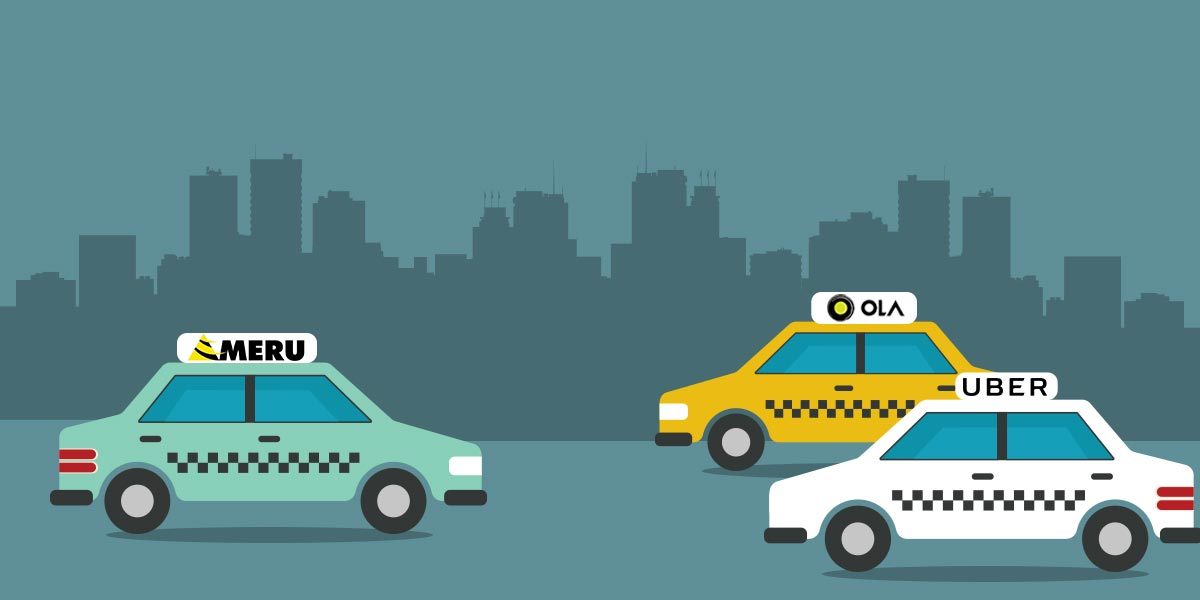
Amid a rise in customer complaints against cab aggregators, consumer protection regulator CCPA has called a meeting of ride-hailing platforms like Ola and Uber next week for seeking details about their policies related to pricing and cancellation of rides.
Speaking to PTI, Central Consumer Protection Authority (CCPA) Chief Commissioner Nidhi Khare said, “We have received several complaints from consumers regarding the cancellation and pricing policy of cab aggregators. The number of complaints is very high and therefore we have called the cab aggregators for an explanation of their policies.”
Government officials have called for a meeting with cab aggregators next week to discuss many issues, especially how these aggregators calculate fares. The government will look into the accuracy behind fares, their reasonability, and cancellation charges, apart from the charges that are levied for additional services.
Union Consumer Affairs Secretary Rohit Singh has alleged, in a letter sent to aggregators, that someone commuting between two destinations on a regular basis is charged higher than someone who rides between the same points for the first time, as reported by ET.
The central government has asked cab and two-wheeler aggregators — Uber, Ola, Meru Cabs, and Jugnoo — to share the algorithm used by them to calculate charges levied by them.
Details in Matter
The Consumer Affairs secretary has called a meeting of cab aggregators such as Ola, Uber, and Meru to discuss the algorithm used by them to calculate their fares.
The government is also looking into how accurate and reasonable the fares charged are according to the destination as well as the cancellation charges, sources said.
The meeting comes against the backdrop of a host of complaints from commuters, including a spike in cab fares and also of instances when drivers have refused to turn on the AC in the vehicle, citing the rising oil and gas rates.
Last month, commuters in Delhi faced difficulties as many auto and cab drivers had called for a strike to protest against the rising fuel prices.
A few days before the strike, Delhi Transport Minister Kailash Gahlot had announced the formation of a committee to consider fare revision in a time-bound.
Govt. Charge
In January this year, the Delhi government proposed certain guidelines for cab aggregators operating in the national capital. For instance, the aggregators will have to apply for a license to operate, register their drivers with the government, set up easily accessible customer care centers or channels, and charge a fixed base fare, according to a draft policy.
More importantly, to regulate fares, which currently have no government control and often go up to five times in the name of surge pricing, the transport department has proposed to set a base fare and the maximum surge pricing could only be up to twice the base fare fixed by the government, the policy mandates.
In 2020, the Union Road Transport and Highways Ministry issued guidelines to bring ride-hailing apps including Ola, and Uber under a regulatory framework.
According to one of the guidelines, aggregators will be allowed to charge a fare 50% lower than the base fare and a maximum surge pricing of 1.5 times the base fare.
Surge pricing is a consequence of demand-supply mismatch when the number of customers trying to book rides overshoot the number of vehicles or drivers available. It is also one of the biggest grouses of the customer, as per the guidelines.











